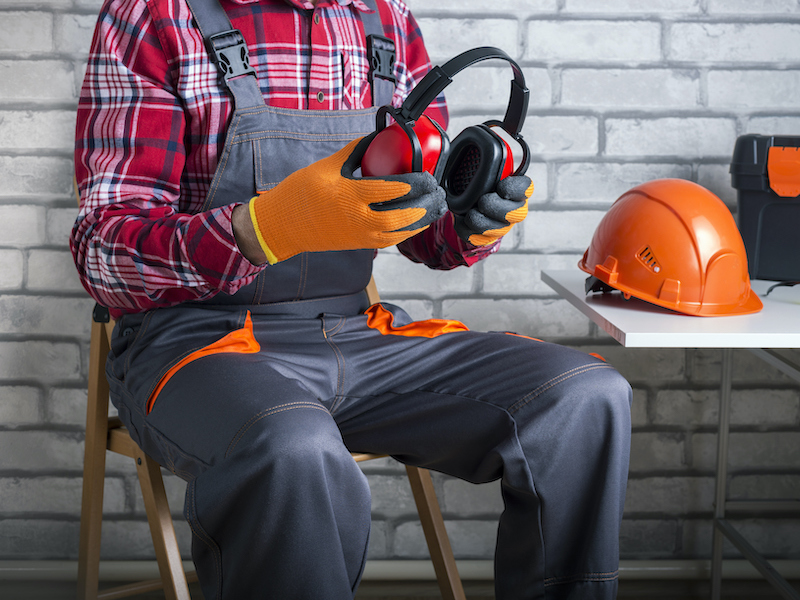
Your ability to hear is precious – once you lose it, the likelihood of getting it back in its natural form is slim to nil. But somehow, hearing loss frequently goes untreated and uncontrolled in the general population. In fact, permanent hearing loss affects one in every eight individuals (about 30 million people) 12 and older in the United States alone.
Protecting your hearing from the start is the best and simplest way to prevent hearing loss, but if you currently have hearing loss you can get much of your hearing back with a hearing aid.
Here are five simple ways that you can protect your hearing:
Don’t use earbuds
Earbuds have been a mobile device accessory since the early 2000s and are one of the biggest dangers to hearing. Nearly every smartphone available comes with a set of these little devices that sit snugly in your ear and pump sound directly into your ear canal. Listening to a movie or music on your mobile device at full volume for only 15 minutes can lead to permanent hearing loss. Earmuff style headphones, especially the ones with noise canceling technology, would be a better option. No matter what sound devices you use, you should follow the 60/60 rule – keep the volume at 60% maximum and only use the devices for 60 minutes each day.
Keep your volume low
Earbuds don’t produce the only sounds that can damage your hearing. Loud noises from a radio or TV can do as much damage if you regularly listen to them over a sustained period of time. You’ll also want to avoid situations where loud sounds are constant, like construction zones, concerts, and shooting ranges. It may be impractical to entirely avoid these situations especially if they’re part of your job. The next item on the list will be important if you’re in this situation.
Hearing protection will be helpful
Hearing protection is a must if you work in a setting or enjoy hobbies that expose you to loud noises. 85 decibels over a period of 15 minutes is enough to cause hearing loss. To put that in perspective:
- At the majority of concerts the headlining band plays for up to two hours at well over 120 decibels
- The noise of a construction site can be over 130 decibels and many workers spend 40 or more hours a week there
- The average firearm discharge clocks in at 149 decibels, which is multiplied and amplified over the course of a one hour visit to an indoor shooting range
The takeaway here is that you should invest in some kind of hearing protection such as earmuffs or earplugs if you engage in any of these activities.
Take auditory breaks
Sometimes you just need to give your ears a break. Even if you use hearing protection, if you are subjected to loud noises like these for prolonged periods, you should take some quiet breaks to give your ears a chance to rest. That means, you most likely shouldn’t get into your car and start blaring loud music right after you leave a 3-hour concert.
Check your medicine
Your medicine may actually have a substantial impact on your hearing. There are certain medications that have been proven to trigger hearing loss including certain heart and cancer medicines, aspirin, antibiotics, and anti-inflammatory medication. Fortunately, medication related hearing loss usually only happens when more than one of these medicines are taken together making it far less common.
Looking to find treatment for your hearing loss? Make an appointment with us for a hearing exam.
Call Today to Set Up an Appointment
Resources
https://www.cdc.gov/nceh/hearing_loss/how_does_loud_noise_cause_hearing_loss.html
https://armeddefense.org/hearing-protection
https://www.uofmhealth.org/health-library/tf3092
